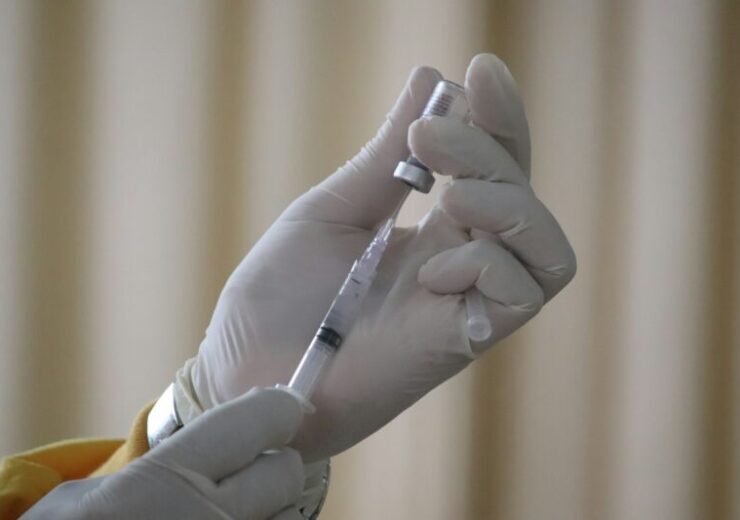Mycophenolate mofetil functions as an antimetabolite immunosuppressant to protect a transplanted organ from the body's immune system to prevent rejection

Azurity Pharmaceuticals gets FDA approval for Myhibbin. (Credit: Mufid Majnun on Unsplash)
Azurity Pharmaceuticals said that the US Food and Drug Administration (FDA) has approved Myhibbin as a ready-to-use mycophenolate mofetil oral suspension for organ transplant patients.
Mycophenolate mofetil functions as an antimetabolite immunosuppressant. It is designed to protect a transplanted organ from the body’s immune system to prevent rejection.
In 2023, the US witnessed over 46,000 transplant procedures, necessitating daily medication intake for recipients to combat rejection, Azurity said.
Myhibbin is prescribed for preventing organ rejection in adults and paediatric recipients aged three months and above who have undergone allogeneic kidney, heart, or liver transplants, typically in conjunction with other immunosuppressive drugs.
Azurity Pharmaceuticals CEO Richard Blackburn said: “We are very pleased that adult and pediatric organ transplant recipients will soon have access to the only FDA-approved ready-to-use oral liquid formulation of mycophenolate.
“Patients are our priority, and our purpose is to bring them new formulations that help them benefit from established medicines.
“Myhibbin’s ready-to-use formulation provides patients, pharmacists, and caregivers an alternative to other mycophenolate dosage forms.”
The drug is expected to be commercially available in US pharmacies in Q2 2024.
The latest approval comes after Azurity Pharmaceuticals voluntarily recalled one lot of Zenzedi CII (dextroamphetamine sulfate tablets, USP) 30 mg to the consumer level.
Zenzedi was recalled because of a mislabelled package during manufacturing.
According to a report, a Nebraska, US-based pharmacist found tablets of Carbinoxamine Maleate, an antihistamine drug in a bottle of Zenzedi 30 mg tablets.
Zenzedi is a prescription therapy to treat Narcolepsy.
